The country-wide protests in Kazakhstan, which began on 2 January 2022, were largely leaderless. Ordinary people came out on the street in solidarity with the protestors in Zhanaozen, a small industrial town located in the Western part of the country. All were dismayed by the price increase of liquified petroleum gasoline by the monopolies controlled by former President Nazarbayev’s relatives. The protests became violent on the night of 5 January and onward prompting current President Tokayev to introduce a ‘shoot to kill’ order. According to the official information, 227 people were killed and the violence was organised by 20’000 foreign trained terrorists who attacked the airport and morgues to take dead bodies of their comrades and evacuate without a trace. After the protests thousands of people were detained, tortured (burnt with hot iron, boiling water, sexual abuse), taken from the hospital beds with unhealed wounds with at least six dying in prisons.
The biggest problem that protests in Kazakhstan faced was the absence of a united opposition who speaks in a unified voice and has a common agenda. Since 2000, political regime in Kazakhstan has ensured that most institutions and politicians capable of voicing public grievances remained on leash. All registered political parties in Kazakhstan are ‘allowed’ to exist and represent the interests of local financial-industrial groups and/or the regime in power. Since 2016, no new party has been registered despite several attempts.
Besides parties, civil society activists face stringent laws and are unable to effectively mobilise people. Protests of groups without official registrations are illegal and banned. Each gathering must receive an approval, officially called a ‘notice of intent,’ from the local government. Even if a group passes the hurdle, the speakers can easily be detained for the ‘incitement of social, racial, national, religious, class, or tribal discord.’ Even if one stands in the individual picket with an empty placard (permitted by law), s/he may still face arrest. Ordinary people were persecuted for posting messages on their private accounts or forwarding them in private chats. After the January 2022 protests, police arbitrarily stopped people on the streets and searched for the videos from the protests as part of their ‘investigations.’ With telecoms firmly under control of the Nazarbayev’s family, it was easy for the government to turn off websites and internet whenever necessary. Opposition media also faced frequent site closure and DDS attacks. Their owners fend off the libel laws and court cases from various government officials. By January 2022 there was no institution or activist capable of organising, mobilising, and voicing public grievances.
Lesson 1: Ensure Respect of International Obligations
International pressure on the political regime to respect its own international obligations has been crucial. In case of Kazakhstan, foreign diplomats, numbed by years of the official propaganda, which presented the regime as enlightened leader with progressive reforms, were completely unprepared to observe the January events and the repressions that followed. Although some of them preferred to carry the business-as-usual and work only with the regime, many more diplomats approached activists and academics to obtain a more realistic picture of the ‘life on the ground’ and push for respect of international norms.
Foreign pressure also worked against the regime’s denial of the atrocious and systematic cases of violence in detention. Public protests against torture organised by activists outside of Kazakhstan were covered by international media. When local activists unable to find justice at home testified directly in public hearings of the committees in foreign parliaments and governments, regime started to change its operations. These stories, narrated to foreign representatives and journalists, together with the mobilisation of international civil society groups abroad, tarnished regime’s flashy public relations campaign. When the European Parliament adopted a common resolution on Human Rights in Kazakhstan, Tokayev’s regime had to prosecute some of its police officers and acknowledged at least six deaths in detention.
Lesson 2: Support Grassroots Activists and Amplify Voices
After January, the need to change the approach of supporting civil society in Kazakhstan by foreign donors became apparent. Most strategies and programs have negated the value of grass root activism. For example, the European Union renewed its support for civil society in 2019 and aimed to encourage a ‘dialogue with public institutions at all levels’. However, the EU support rarely exceeded 5% of the total aid ($600 000 in 2016) and went to ‘reform’ government officials, rather than sustaining and amplifying spaces of grass root activism. Similarly, the new US strategy towards Central Asia adopted in 2019 also pledged support for civil society aiming to encourage ‘meaningful citizen input, inclusive political systems through elections, transparent policy formulation, rule of law, and respect for human rights’. The US pledged $7 million towards this goal, but most of the funding is and will be spent on improving capacity of government institutions, including judiciary and Ministry of Information and Public Development. Instead, the lessons from Solidarity movement in 1960s taught us that grass root activism not only allows citizens to fight state propaganda, but also create local and authentic possibilities of social and political transformation.
Although leaderless protest stemmed from the utmost solidarity with protestors in the town of Zhanaozen, the drive dissipated in multiplicity of voices and agendas. The revamped civil society support must provide public platforms for grassroot labour union leaders, independent journalists, public intellectuals, artists, and leaders of unregistered political parties who may refuse the direct financial contributions from foreign donors but may benefit from making their voices heard on larger international fora.
Lesson 3: React Swiftly to Disinformation
The last lesson to draw from the protests in January is the importance of the foreign official response to disinformation. International public, including foreign diplomats swiftly reacted to gaps in the story when the regime performed the official version of protests as a terror plot in mass media. Foreign officials immediately addressed violations against their citizens in Kazakhstan who were falsely accused of joining the terrorist networks. For example, when Kazakhstani law enforcement agencies showcased Kyrgyz jazz musician as a terrorist, who ‘confessed’ under torture to receiving $200 for joining the protests, the Ministry of Foreign Affairs of Kyrgyzstan and its intelligence agency immediately responded and brought the musician and other Kyrgyz citizens tortured in custody by Kazakh law enforcement back home. These public actions not only ridiculed Kazakhstani efforts of forging terrorists, but also offered an opportunity for Kyrgyz officials to score public support in the neighbouring state.
Looking back at the January events in Kazakhstan through the prism of the civil society development, the support for grass root activism in highly repressive contexts remains relevant and important. Opportunities to hear and amplify voices of people on the ground empower these communities, which already face torture and prison sentences. Kazakhstan is not alone in this. Activists in the entire Central Asia, Belarus, Russia, and China operate in similar oppressive environments with somewhat varying degrees of state repression. The nature of support for civil society by foreign donors and official governments needs an update.
Assel Tutumlu
Regional Academic Coordinator of the DPP Caucasus and Central Asia Program

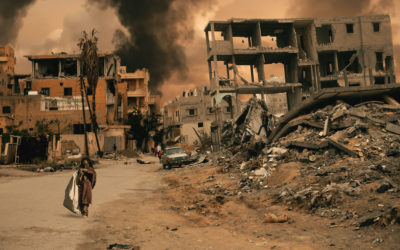

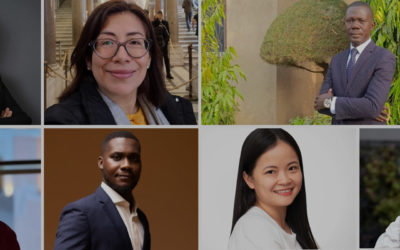
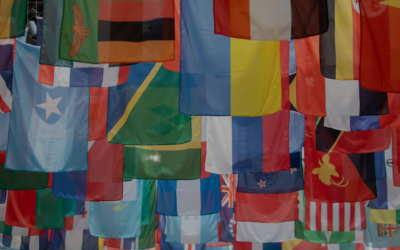
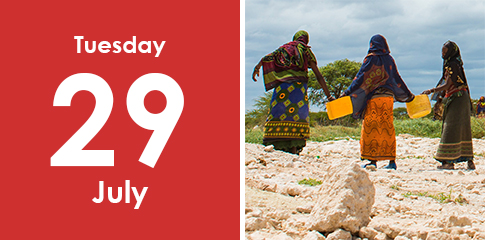

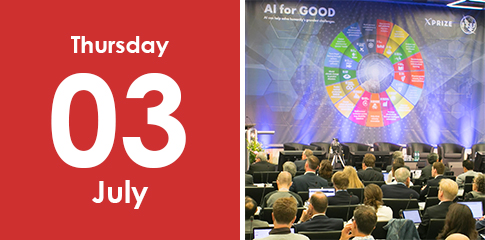

0 Comments